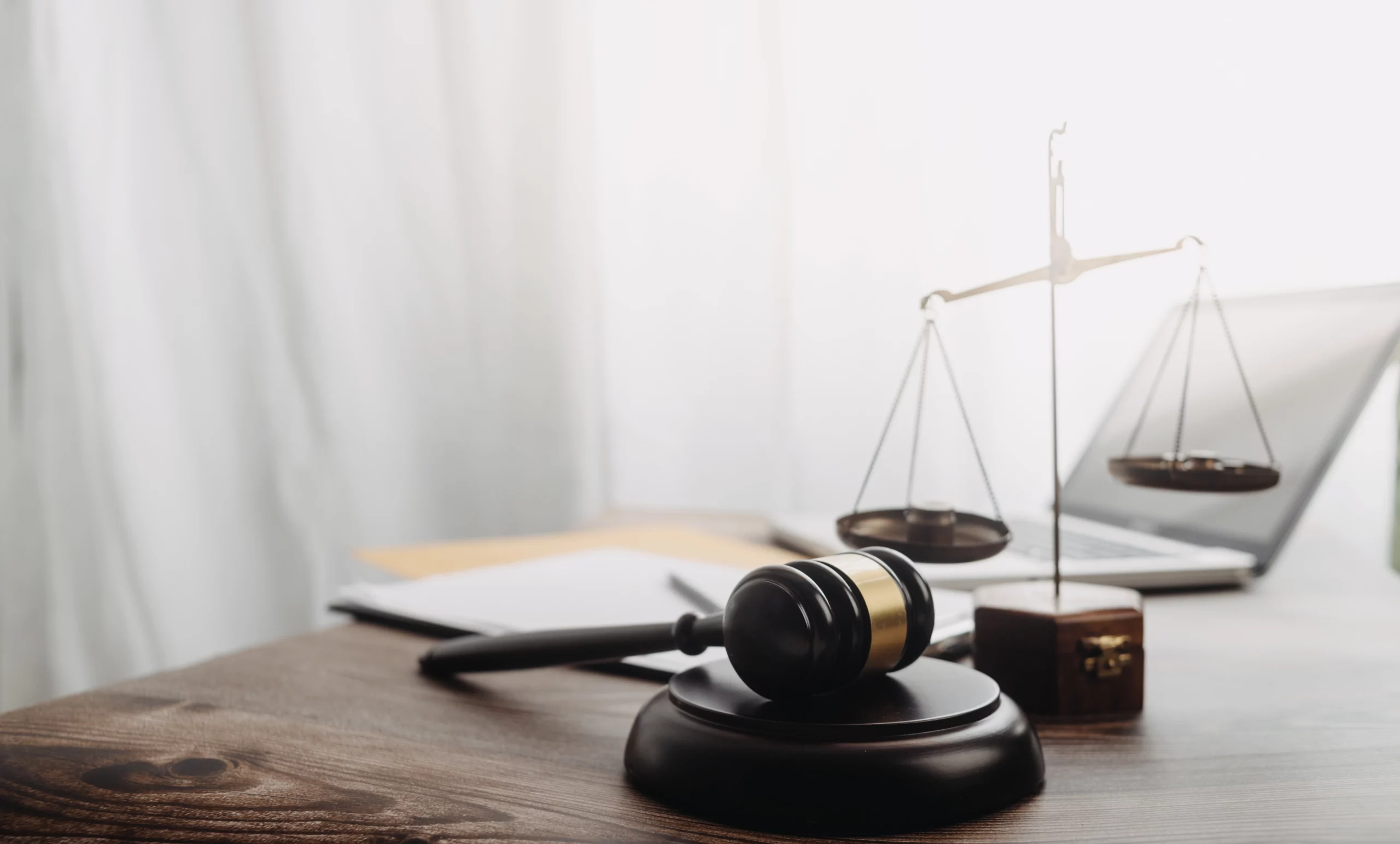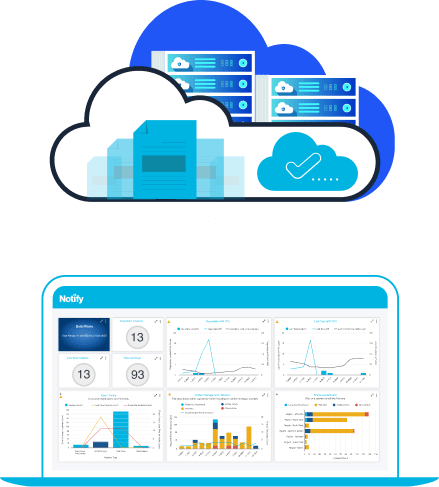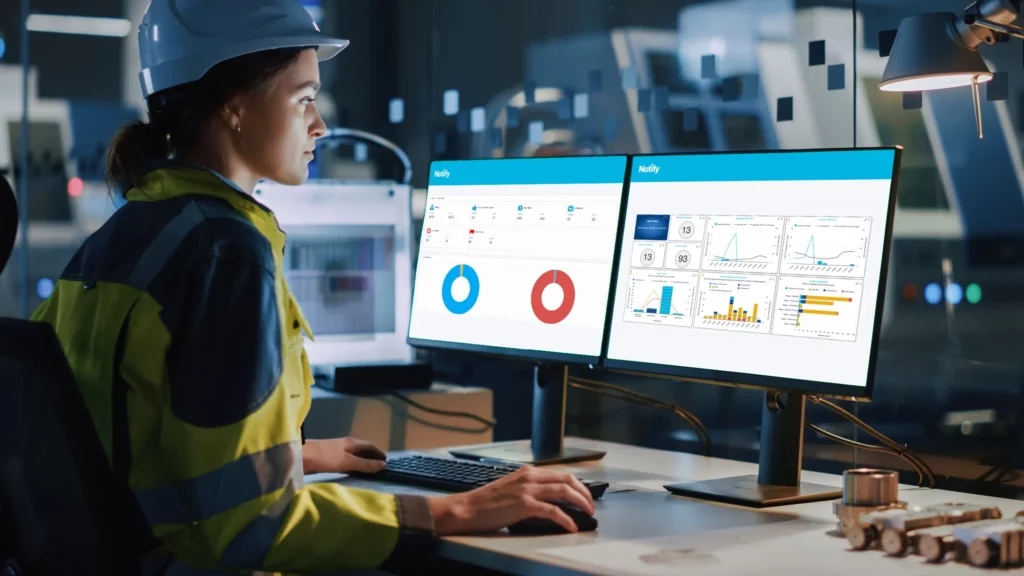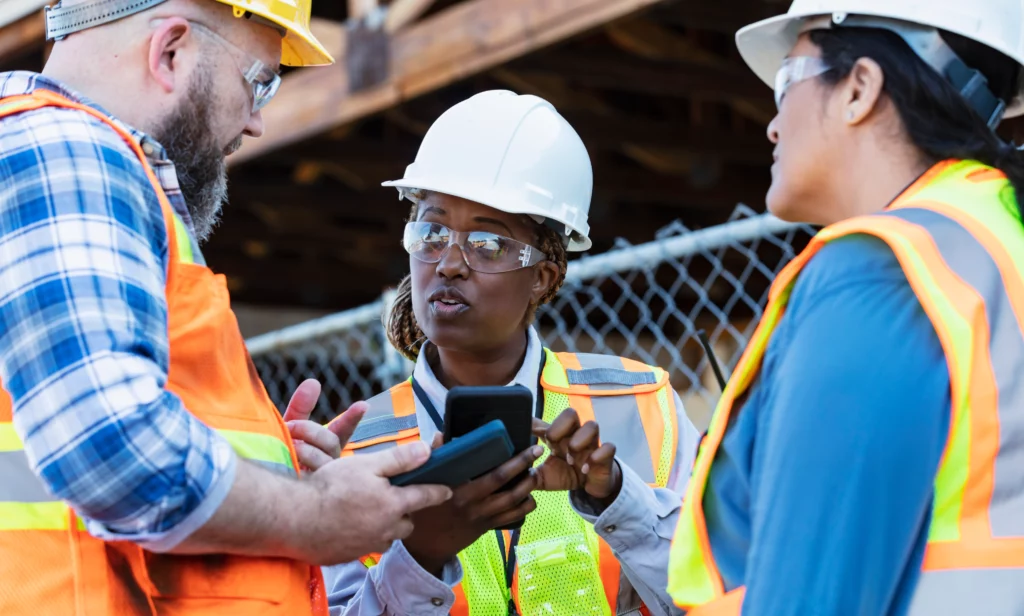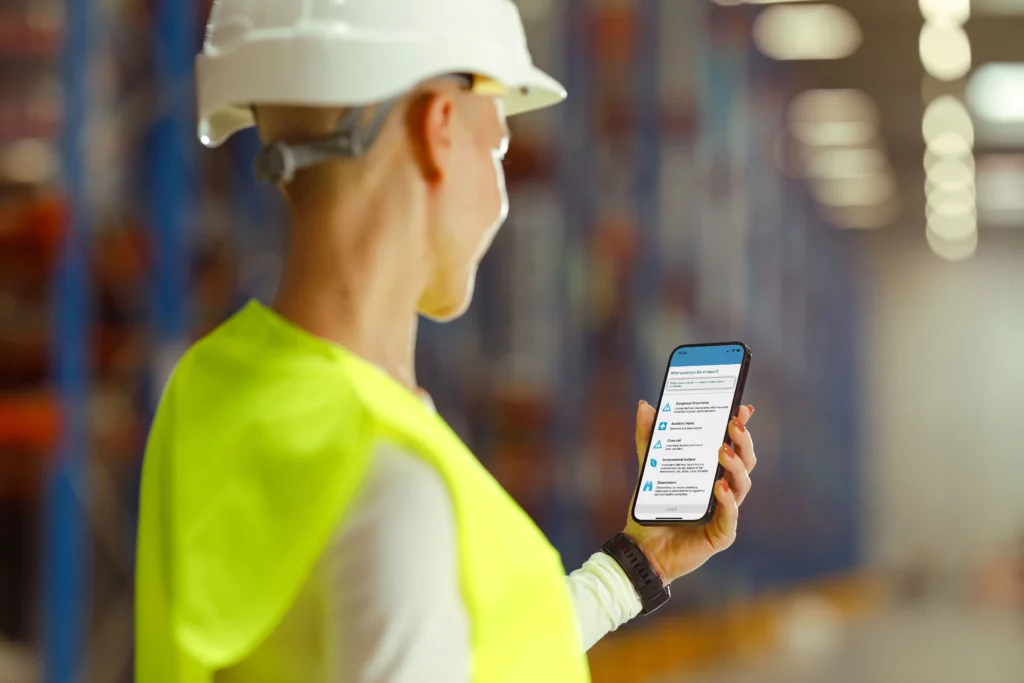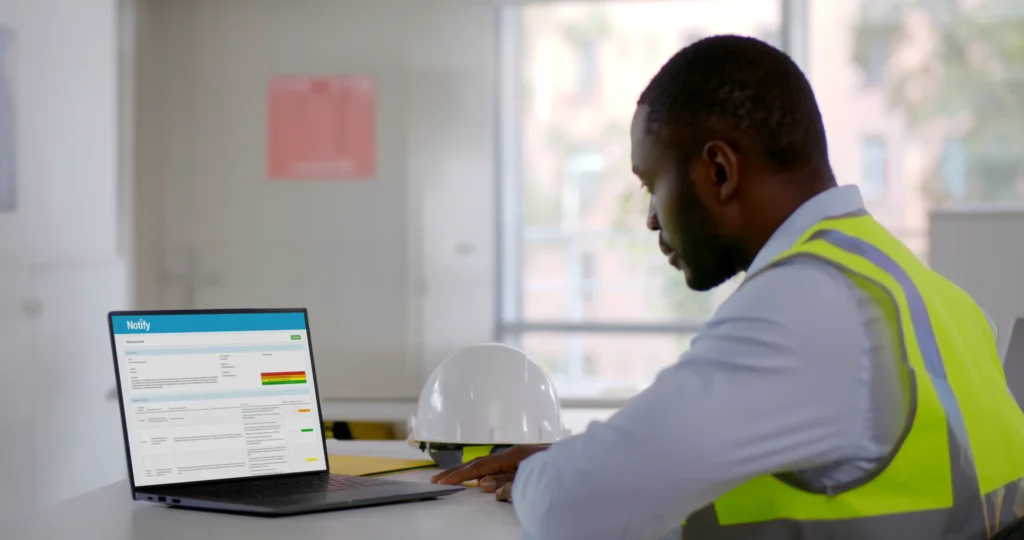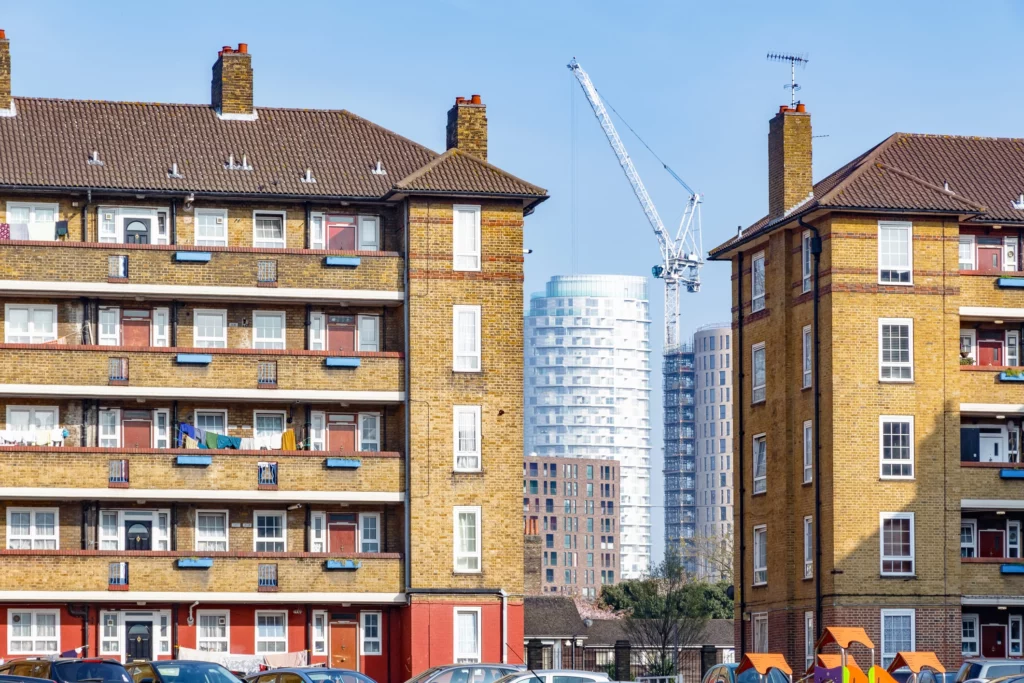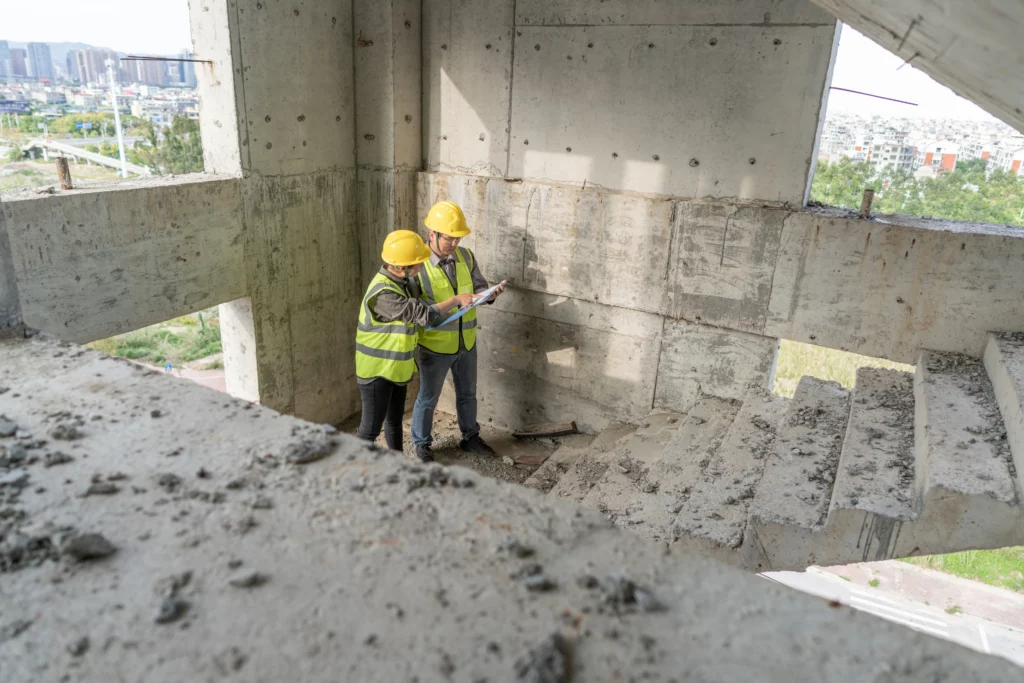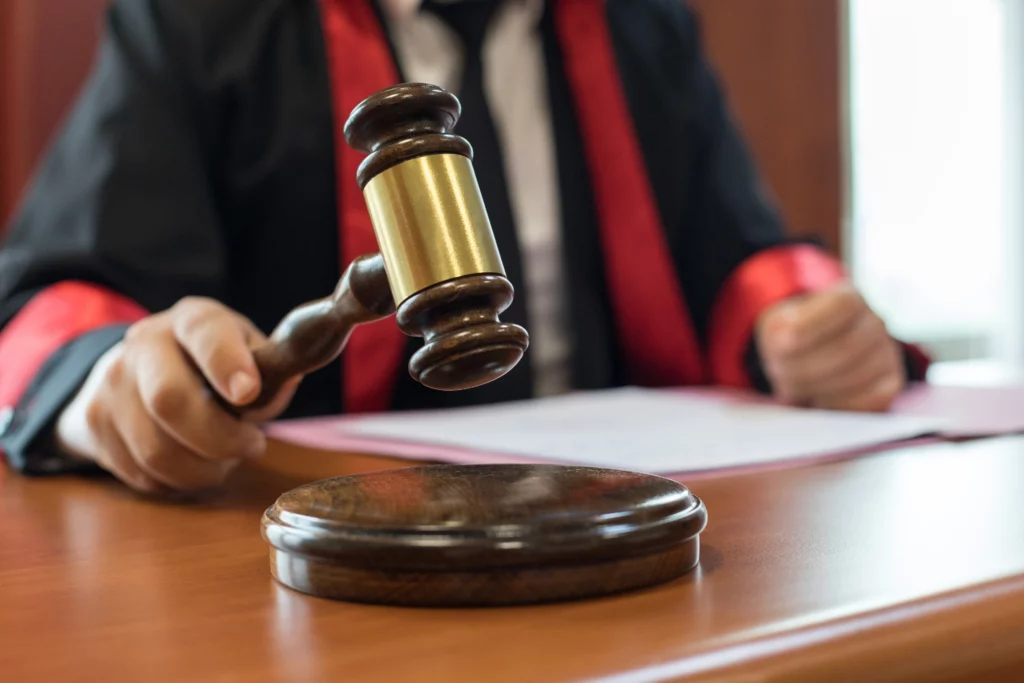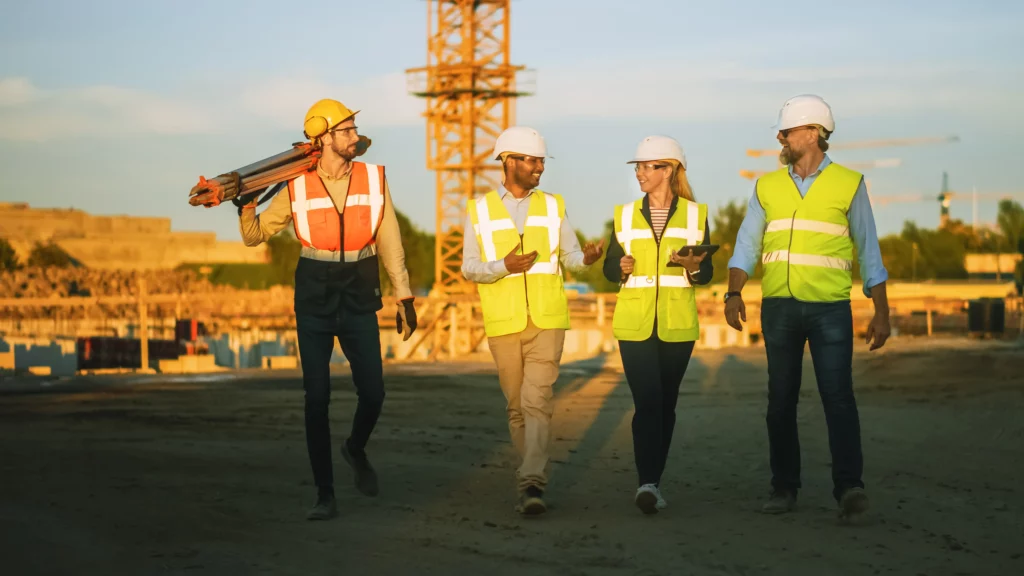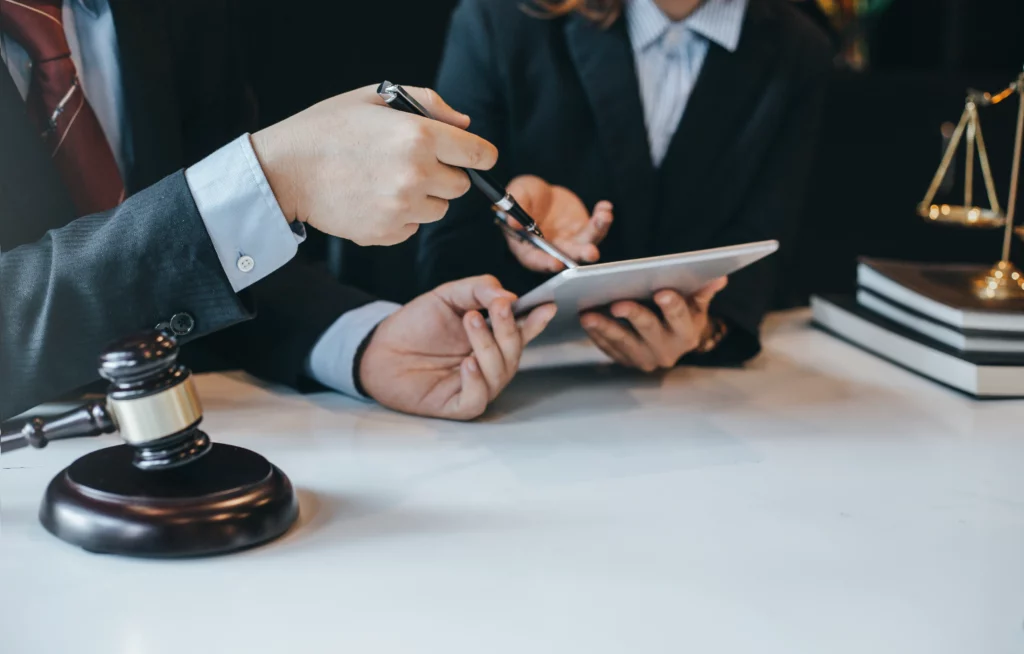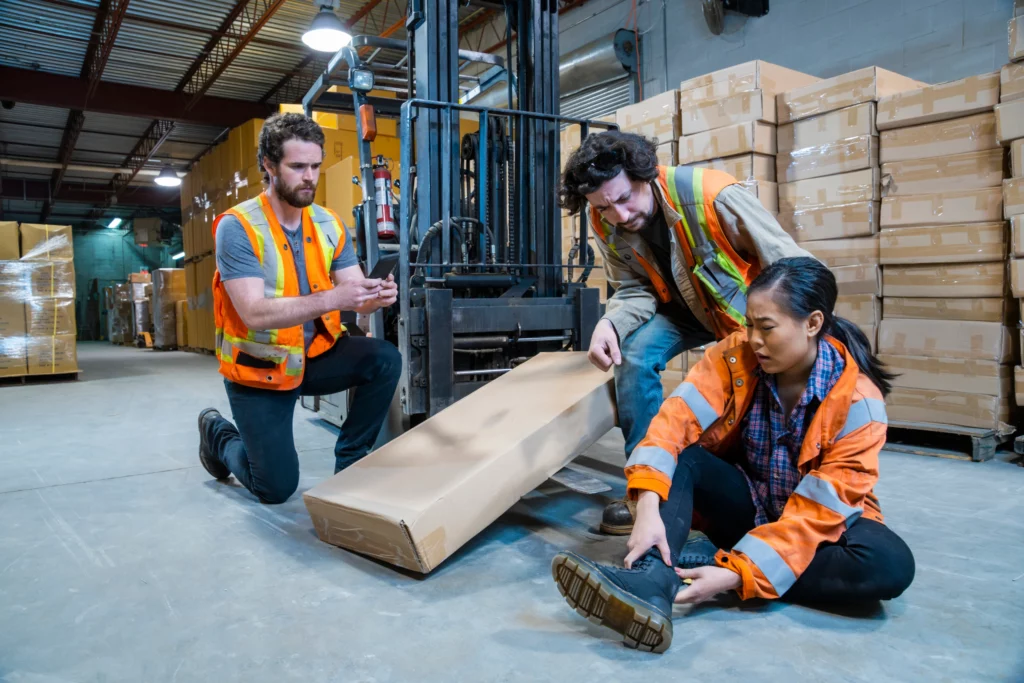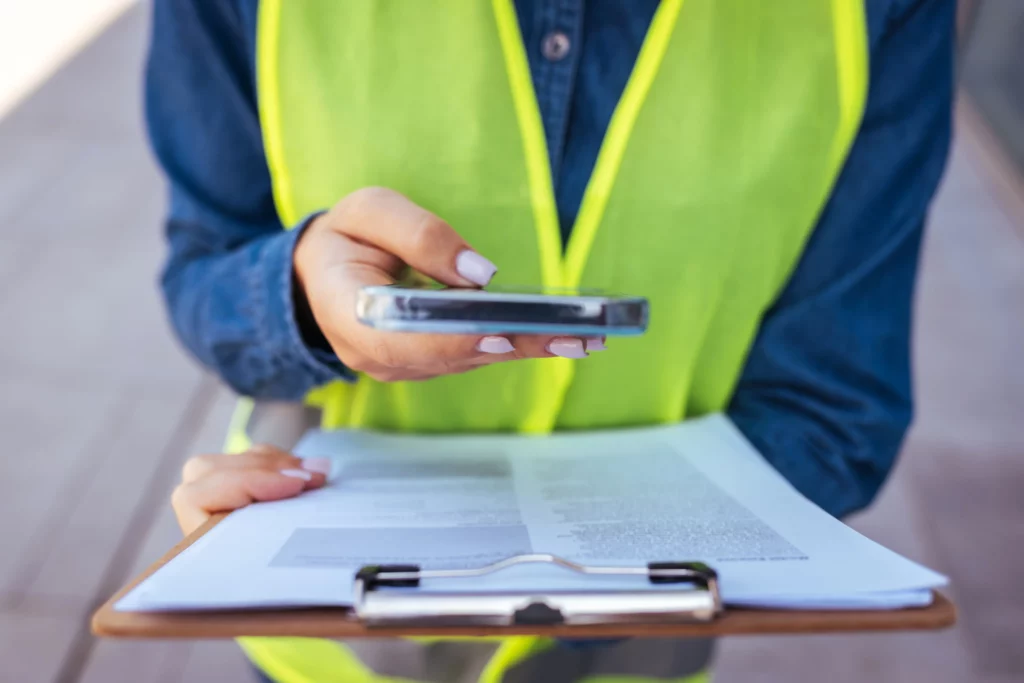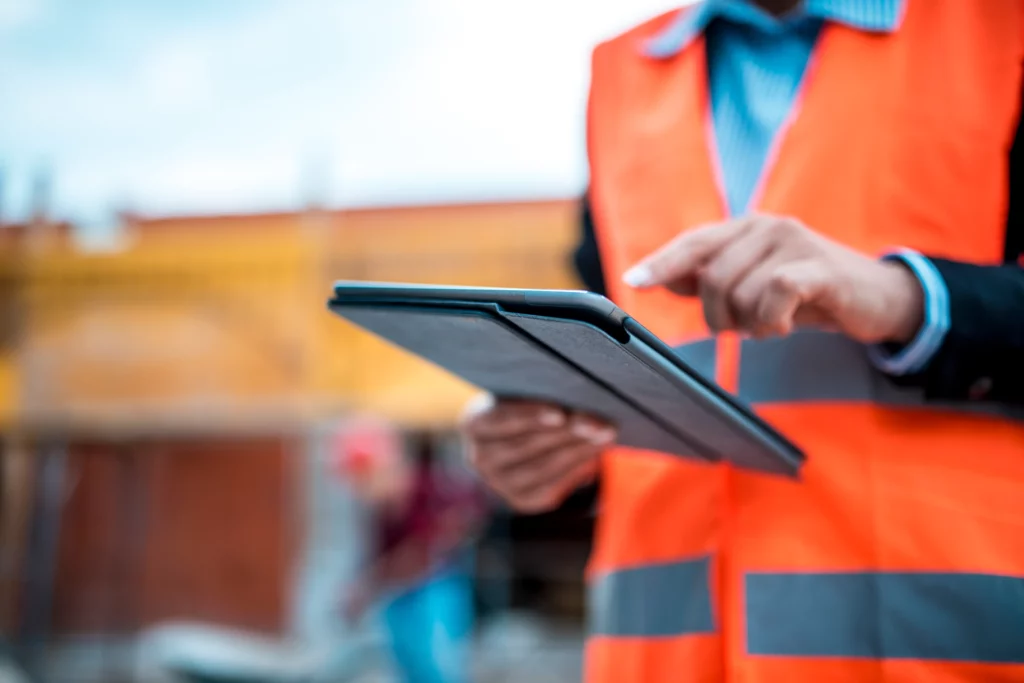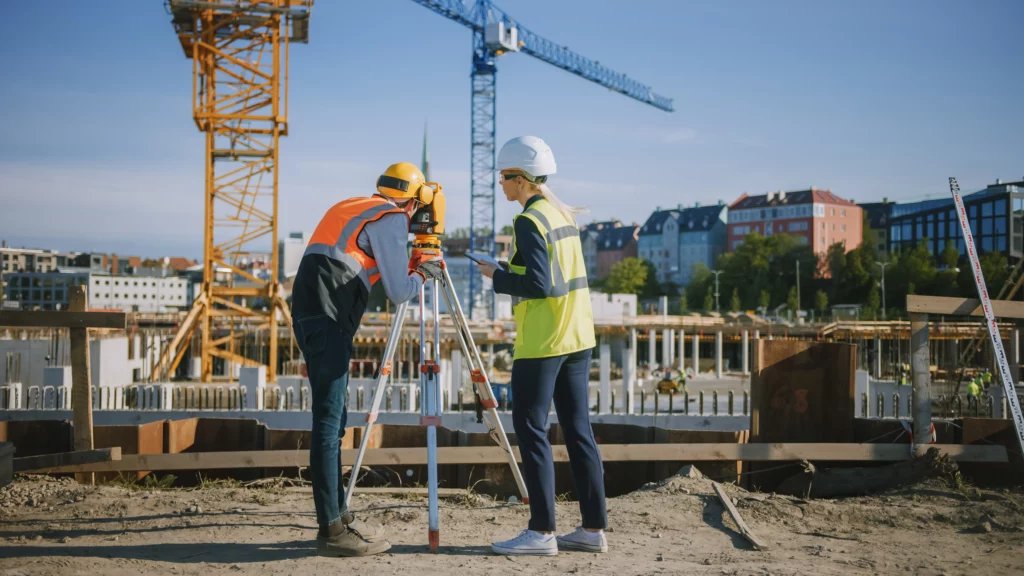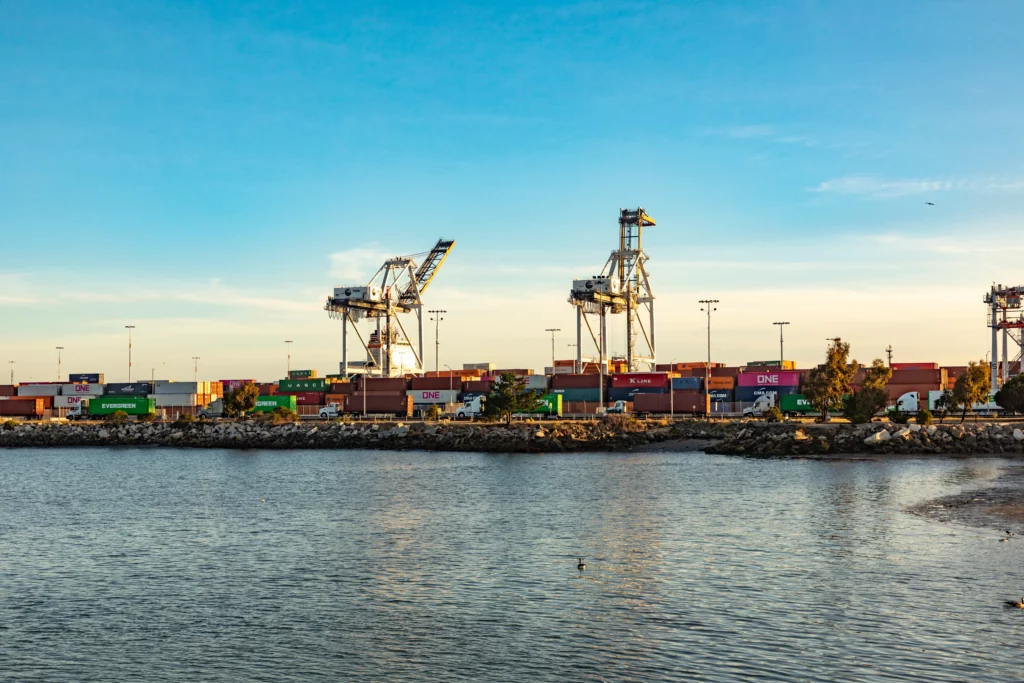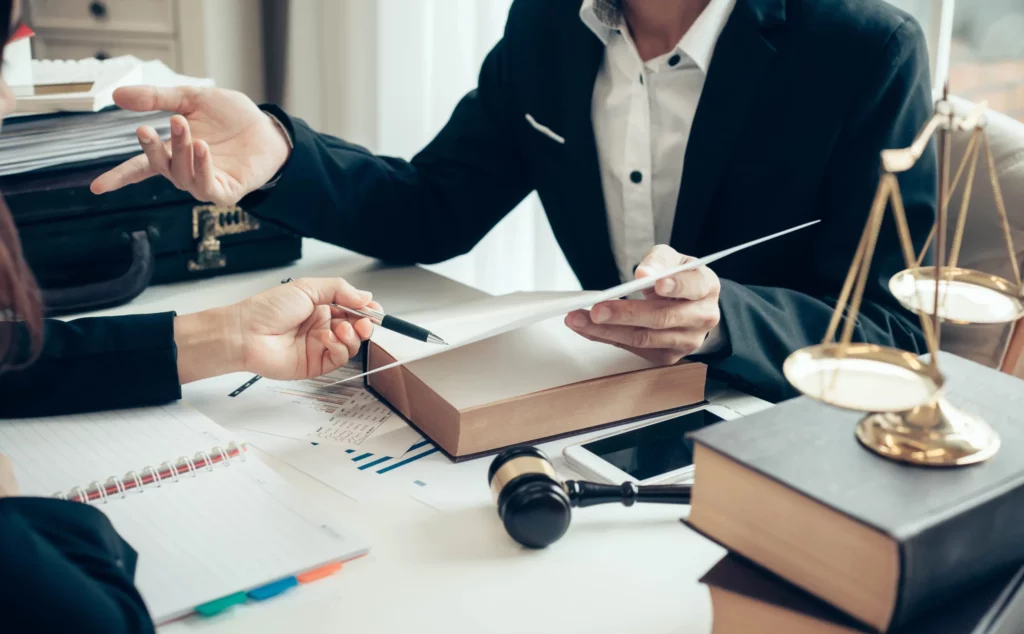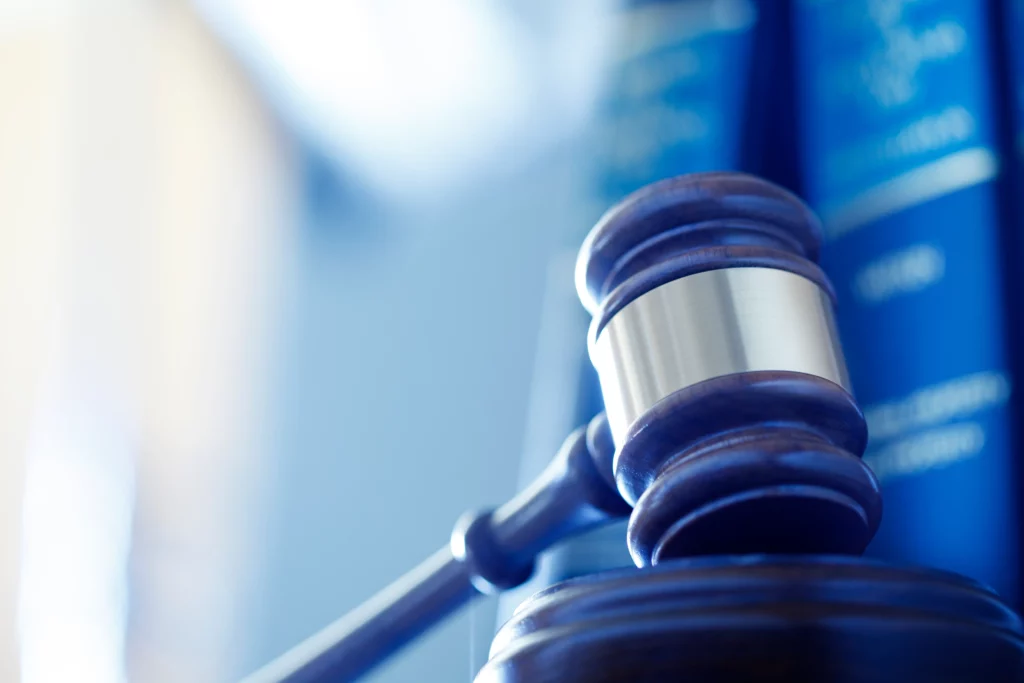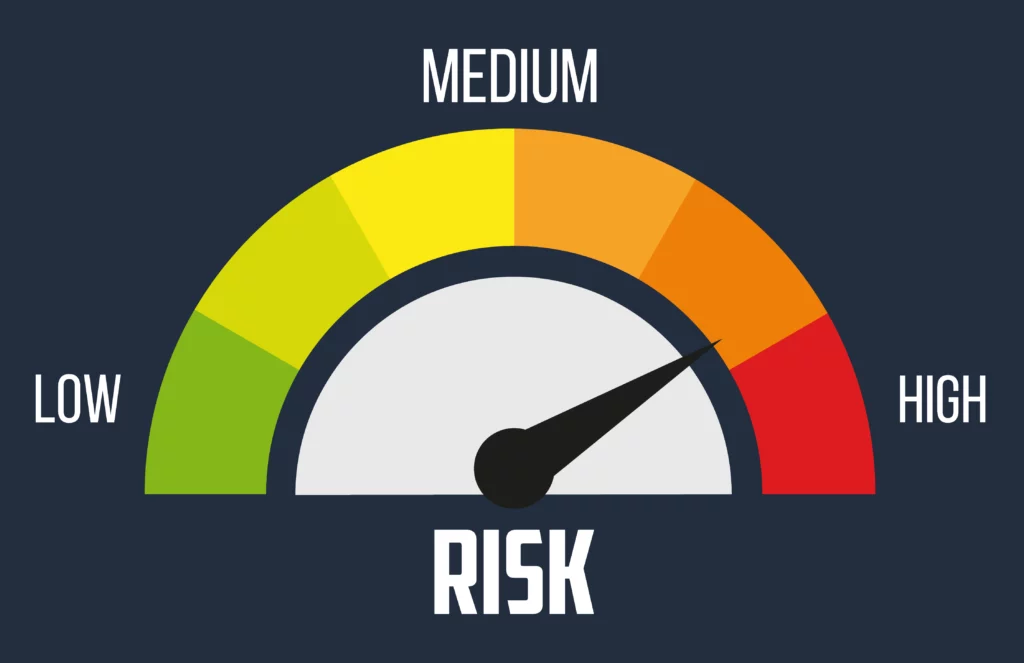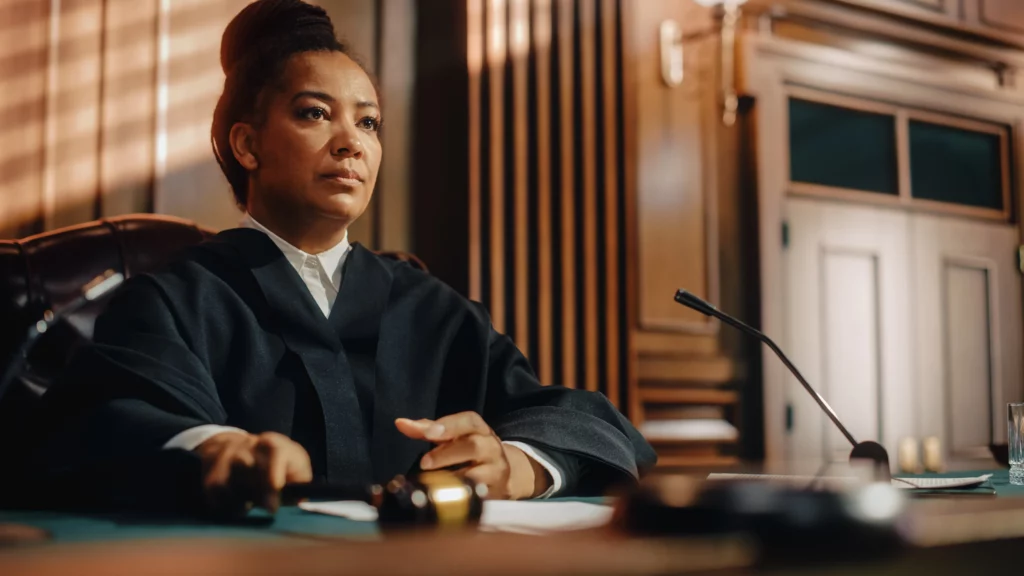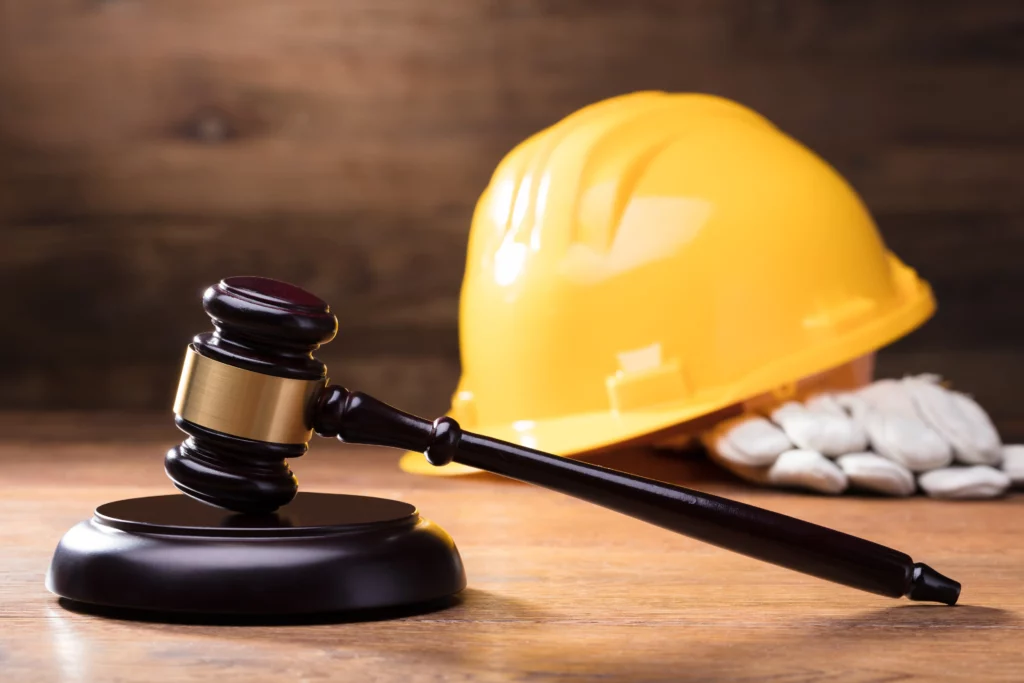When I first heard that I enjoyed the benefit of Legal Professional Privilege, I naturally assumed this referred to the fact that on admission to the roll of solicitors, I would be able to drink coffee and eat free biscuits in the members’ lounge of the Law Society on Chancery Lane, enjoy access to exclusive discounts on shirts from TM Lewin on Jermyn St. and claim my 10% saving on a subscription to the Economist. Apparently not.
Something that few outside the high walls of the profession realise is that in point of fact all lawyers, through the exercise of Legal Privilege, possess a potential super-power; especially when it comes to an internal investigation into a serious health and safety incident.
What on earth am I on about?
Allow me to explain. In a typical serious accident scenario, one of the first things an organisation will do is commence an internal investigation. Frequently, the terms of reference of such agreements are not expressly set out but they generally focus on “warts and all”: the root cause analysis of the incident and the identification of actions designed to ensure that such an event never happens again.
If, as a consequence of the accident, either the police, HSE or Local Authority commence their own investigation, the first document on the list of those requested from the organisation under scrutiny will be that internal investigation report – a report that generally becomes “Exhibit A” in the prosecution evidence bundle.
Why? Because almost without exception it will helpfully set out all of the shortcomings identified by the organisation as having given rise to the accident – amounting to effective admissions of breaches of legal duties owed.
Tricky to then seek to argue that it was not “reasonably practicable” to have done more than was in fact done to avoid the commission of any offence…
So how does Legal Professional Privilege help?
Legal Professional Privilege belongs to the client and not to the lawyer and there are two types; “legal advice” and “litigation”.
Legal advice privilege protects (written or oral) confidential communications between a lawyer and a client for the purpose of giving or receiving legal advice. Legal advice privilege also protects documents which reflect such communication.
Litigation privilege protects confidential written or oral communications between client or lawyer (on the one hand) and third parties (on the other), or other documents created by or on behalf of the client or his lawyer, which come into existence once litigation is “in contemplation” or is underway and which is for the dominant purpose of use in the litigation.
What it means in the context of an internal investigation is that if your external OR in-house lawyer “commissions” the report for the purposes of advising on your exposure to civil or criminal actions, or if an HSE investigation is already underway and (criminal) litigation is “in contemplation” as a result, then when you’re asked to disclose it by HSE or the police, you do not have to.
You might still decide to, but you cannot be compelled to do so.
And this helps how?
By allowing you to control the flow of information. You might decide to prepare a non-privileged “fact-finding” report expressly for the purposes of disclosure, which is a purely factual report of events and does not expressly or impliedly point to causative issues, which is much more of a report for the purposes of defending yourself; or, you may decide not to disclose anything. Preserving a position – even if it is not a great one – may often be a more tactically prudent course.
And how about third-party, expert reports?
The purpose is key, but they can attract privilege and you can protect them from disclosure, too. Any expert reports must be related to contemplated legal proceedings; if the report is commissioned only to provide information, it will not attract privilege even if its purpose is to enable legal advice to be given.
One word of warning; if you go down this route you must take steps to limit the circulation of the report(s) as part of a clear process to stop privilege being inadvertently disclosed either in whole or in part, in which case it is “waived” and lost.
If you’re a Notify user then you are already improving your understanding and management of health and safety risk so serious incidents will be far rarer. Well done, you. However, dovetailing in a “trigger” for thinking about the exercise of legal privilege with perhaps, the tagging of an incident as RIDDOR reportable might be worthy of thought as a pro-active approach.
The lesson is this – if you haven’t considered legal privilege when you put together your crisis/incident response plan, then now’s the time to have a rethink.
Far better to do your planning in peace-time rather than with the noise of the guns all around you!
